The calorie content of 100 grams of konjac flour is about 7-10 kilocalories, making it an extremely low calorie food. The main component of konjac flour is glucomannan, which has the characteristics of high dietary fiber, low fat, and low glycemic index. The extremely low calorie content of konjac flour is due to its unique composition and structure. Glucomannan is a water-soluble dietary fiber that cannot be directly digested and absorbed by the human body, resulting in minimal heat generation. This type of fiber absorbs water and swells in the stomach, increasing satiety but not providing actual energy. During the processing, konjac undergoes repeated washing and refining to remove most of its soluble sugars and starch, further reducing its calorie value. Due to differences in processing technology, the calorie content of konjac flour from different brands may fluctuate slightly, but it remains below 10 kcal. Some konjac products with special formulas may experience an increase in calories due to the addition of other ingredients. For example, konjac jelly flavored with sugar, konjac meal replacement powder made from mixed grains, etc., may have a calorie content of 30-50 kcal/100g. These types of products usually have a specific nutritional content table labeled on their packaging. When purchasing, it is important to distinguish between pure konjac flour and composite products. There is also konjac flour in the market that enhances minerals such as calcium and iron, but the minerals themselves do not contain calories and will not affect the total calorie value.
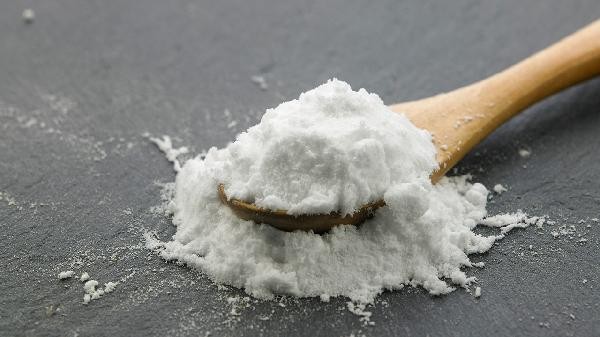
Amorphophallus konjac powder is suitable for people who need to control their caloric intake and people with diabetes. It is recommended that the daily intake should not exceed 50 grams of dry products. When consuming, it should be fully soaked or heated to expand it, avoiding direct ingestion of dry powder and causing gastrointestinal discomfort. Adequate drinking water can enhance satiety, but individuals with renal insufficiency should control their intake. Long term consumption alone may affect the absorption of fat soluble vitamins. It is recommended to pair it with vegetables and fruits rich in vitamins.

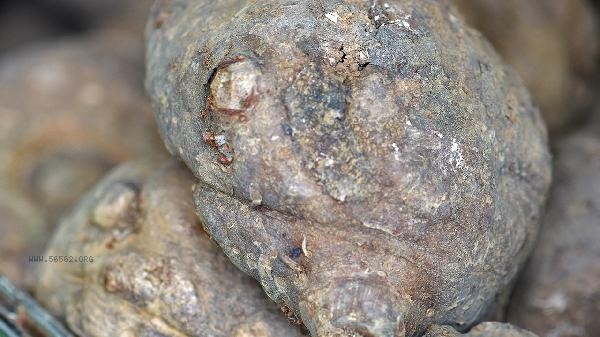

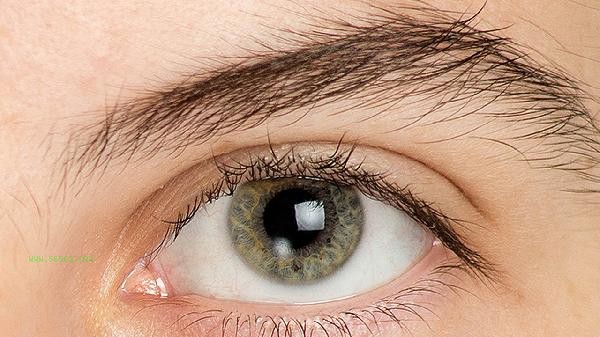
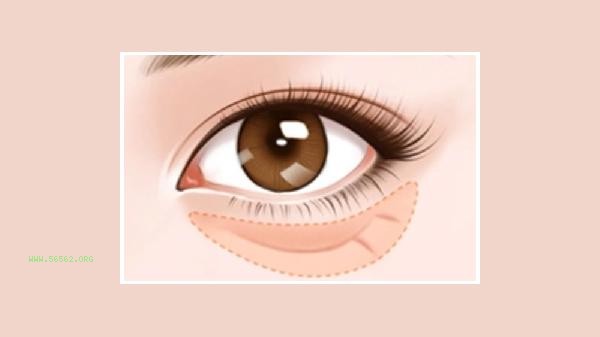
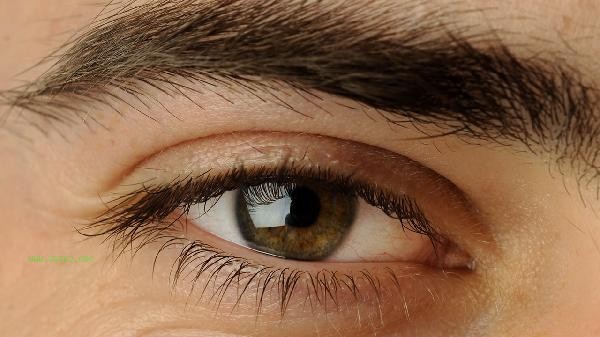
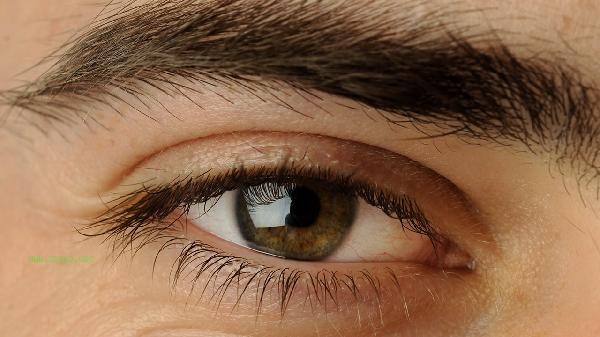



Comments (0)
Leave a Comment
No comments yet
Be the first to share your thoughts!